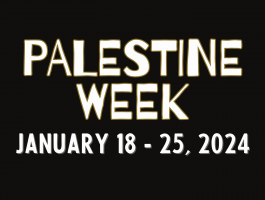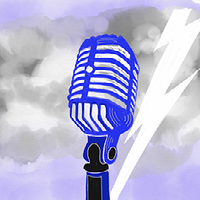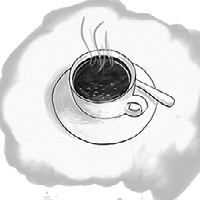We’ve all been in that situation, or know someone who has. You find yourself for whatever reason in need of medical attention: a surgery, an exam, etc. And after you leave, you receive the bill. But the bill is far larger than you anticipated and you have no idea why. Elizabeth Rosenthal knows why.
An American Sickness: How Healthcare Became Big Business and You Can Take It Back was a bestseller when it was originally released and is now being reissued with a brand new afterword. Rosenthal is a former doctor turned health writer. She knows the system inside out, and she’s ready with an exhaustive history of how the healthcare system in America became the way it is today, and how she hopes readers might take it back.
It’s a frightening but necessary look at the Way Things Are Today. At the start of the book, she outlines several rules, such as “More competitors vying for business doesn’t mean better prices; it can drive prices up, not down;” or “There’s no standard for billing. There’s money to be made in billing anything and everything.” As she exposes the way health care has emerged in the twenty-first century, she comes back to the list again and again illustrating her points.
Anecdotes are the meat of the book: stories of doctors, nurses and patients struggling to maintain sanity in a system gone amok, and those that would use the system for financial game. The noble aims of the Affordable Care Act, and the skillful maneuvering that nulled it from efficacy are discussed in full. Rosenthal recounts how insurance companies and hospitals went from charitable organizations to multi-million dollar corporations. She shows us how medications have become more and more expensive, and describes the patent cases that keep them that way. It’s not just supervillains like Martin Shrkeli who charge more than they should, Rosenthal avers.
This would all be for moot if it weren’t for the practical solutions Rosenthal offers in the final one hundred or so pages of the book. How do we fight back? Well, Rosenthal suggests, be a little more difficult. Demand your rights, she tells us. Ask questions. She also talks about systemic changes which would prevent this kind of corruption from happening. Before you give your donation to the hospital drive, she begs, figure out where that money is really going.
In the new afterword, Rosenthal cites a poll taken slightly after Trump took office that showed rising healthcare costs had risen to the top concern among Americans “across all income levels and political affiliations.” If that’s true, they’d do well to read her book. It may just help them make things better.
Our thanks to bookseller Anna-Claire McGrath for this blog post. Join us tonight for an event with the author.





